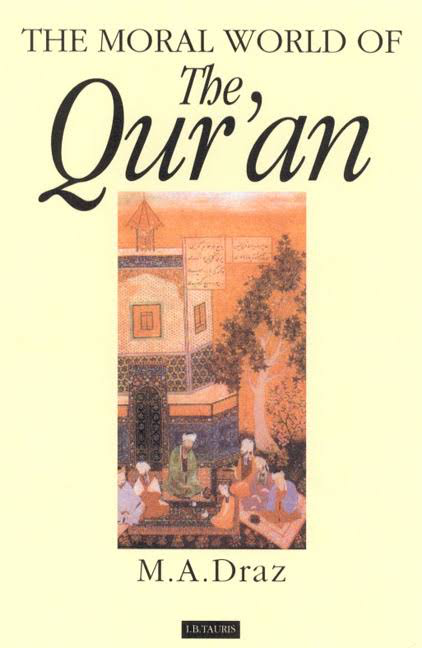About The Book
Essay by Dr. Ossama Abdelgawwad (English)Introduction by M. A. Draz (French) Introduction by M. A. Draz (Arabic) Introduction by Dr. Muhammad Abdel Haleem (English) Review by Abdur Raheem Kidawi in the Journal of Islamic Studies (English) Article by Dr. Mostafa Gouda (Arabic) Article by Nohoudh Centre (Arabic)
.jpg)
.jpg)

.png)
.png)